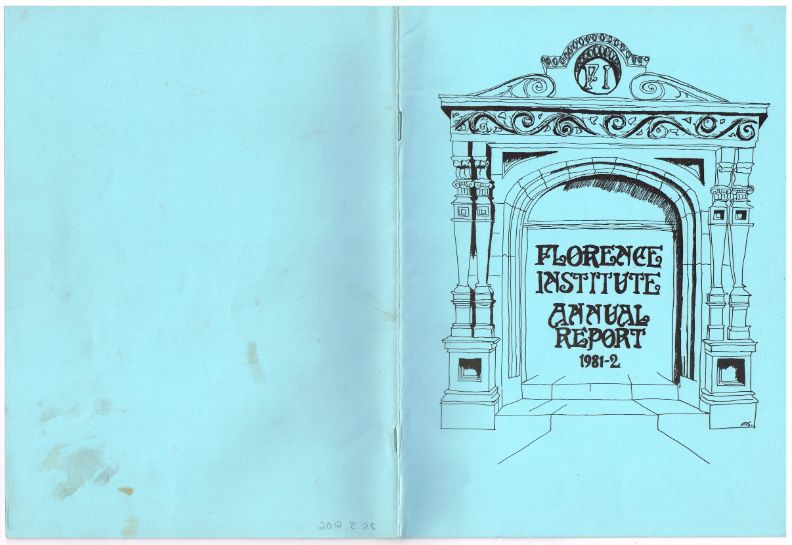
1980
The frustration of financial despair echoed loudly through the Chairman’s Report this year, which stated ‘The Management Committee have been very concerned during the year to find it necessary to operate on shoestring finances. The young people in Toxteth deserve every chance yet there seems to be very little the policies of Liverpool City Council Education Committee that recognize this. Only about one third of our total ‘ordinary budget’ now comes from the city’s Youth Service Support.’
The Director’s report added: ‘What a year it has been!….We have plumbed the depths – notably in early July- when all we stood for appeared to have added up to nothing in terms of the achievement of nearly 100 years service to Toxteth. Even the word Toxteth was moved from its geographic meaning to become synonymous with Brixton- or Detroit- or other world-wide areas of civil unrest- a condition rather than a place….We have climbed the heights.’
Despite significant social problems and various threats of closure the report assured that, ‘The Florrie spirit has not been broken.’ In times of despair and adversity, The Florrie remained strong and resourceful, personified by the community, who had a dynamic and purposeful year, in what was a ‘daily miracle of survival’: forty women from the Youth Unemployment Project passed their textiles course with fifteen going onto full time employment. A further seven youth training modules with eighty-two trainees were launched, and fifteen staff members employed to teach joinery, plumbing, office and secretarial procedures, electronics, catering, reprographics photography and printing skills, with the vision to expand to a small factory unit. In the short space of a year the Horticultural Project at Wellington Road was off the ground, and had increased their full time staff to nine, adding thirty trainees.
There was much excitement for younger members of the community too: special thanks was given to Merseyside Play Action who directed and produced The Florrie’s very own musical ‘A Tropical Dawn’. The Florrie had offered twelve hours of voluntary tuition, four days a week for children wishing to learn a musical instrument of their choice, with the opportunity to play in a thirty four piece-orchestra. The dance class also performed, and ‘tropical food’ was served.
A group of children from Hamburg returned an exchange visit to The Florrie, where they spent ten days in Llansannan, North Wales with twenty five Florrie members. Later they spent a further three days at The Florrie ‘keeping our resident ghost company!’ Upon their return to Germany, their parents sent letters expressing their thanks and gratitude for the good times and hospitality their children received and would never forget.
Cash-strapped, the Florrie received much needed help from the Construction Industry Training Board and The City Planning Department restoration work to its exterior: ‘This makes the Florrie look much more cheerful from the outside’. New windows and frames replaced the existing ‘antiques’ which were installed during the same period as the Boer War took place, so undoubtedly were in desperate need of replacement! ‘This extensive and handsome building, perhaps the first to be erected in this country expressly in the service of the Youth of its Community, has had a year as dynamic and purposeful as any it has experienced in the course of its nearly century of History. The Financial page of the Report indicates what a daily miracle of survival the Institute is. Let’s hope we can sustain it.’
THE FLORENCE INSTITUTE
- 0151 728 2323
- info@theflorrie.org
- 377 Mill Street, L8 4RF
- We are open: 9am – 6pm Monday to Friday.
Registered Office: The Florence Institute Trust Ltd, 377 Mill Street, Liverpool L8 4RF. Charity Registration No: 1109301. Company Registration No: 05330850 (registered in England and Wales).
